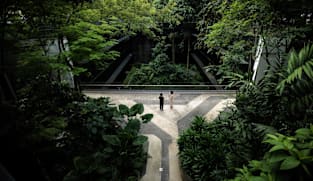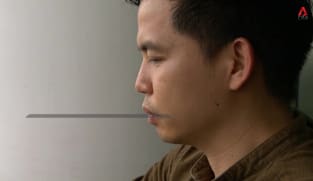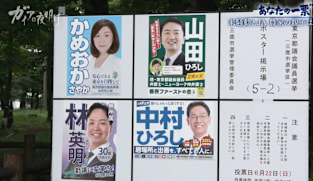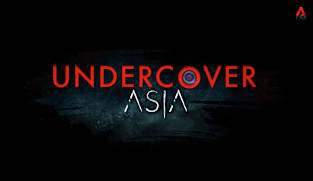Gerald Giam on Societies (Amendment) Bill
The Bill “reverses” some of the “liberalisation” of the Societies Act in 2004, said MP Gerald Giam. Speaking in Parliament on Wednesday (Oct 4), he pointed out that it seeks to allow the Registrar of Societies to require further information to ascertain whether the society does indeed qualify for registration via the automatic route. It also allows the Registrar to reject an application submitted via the automatic route if the Registrar is satisfied that the society, if registered, is likely to be used for unlawful purposes or for purposes prejudicial to public peace, welfare or good order, or Singapore's national security. Mr Giam said this effectively removes the automatic registration process in all but name as every registration, even for societies that are not specified in the schedule, will be subject to additional scrutiny. He said this appears to be a “backward-looking” approach. He wanted to know why the amendments to the automatic registration route are necessary now. He pointed out that there are laws to safeguard national security and racial and religious harmony. There is no shortage of data for the authorities to conduct background checks on applicants even without asking them for more information, he added. Mr Giam said groups can easily organise themselves over close chat groups nowadays and will likely avoid going through the hassle of registering the society. If it is made more onerous, it will impose a greater burden on law-abiding groups which diligently register their societies, he said. Mr Giam said by placing “more hurdles” for groups, the unintended effect could be to drive them and their activities “underground”. When this happens, the Registry of Societies will lose regulatory oversight of their conduct, he added. Mr Giam also sought assurance that genuine applications under the automatic route will not face longer waiting periods for approval.
The Bill “reverses” some of the “liberalisation” of the Societies Act in 2004, said MP Gerald Giam. Speaking in Parliament on Wednesday (Oct 4), he pointed out that it seeks to allow the Registrar of Societies to require further information to ascertain whether the society does indeed qualify for registration via the automatic route. It also allows the Registrar to reject an application submitted via the automatic route if the Registrar is satisfied that the society, if registered, is likely to be used for unlawful purposes or for purposes prejudicial to public peace, welfare or good order, or Singapore's national security. Mr Giam said this effectively removes the automatic registration process in all but name as every registration, even for societies that are not specified in the schedule, will be subject to additional scrutiny. He said this appears to be a “backward-looking” approach. He wanted to know why the amendments to the automatic registration route are necessary now. He pointed out that there are laws to safeguard national security and racial and religious harmony. There is no shortage of data for the authorities to conduct background checks on applicants even without asking them for more information, he added. Mr Giam said groups can easily organise themselves over close chat groups nowadays and will likely avoid going through the hassle of registering the society. If it is made more onerous, it will impose a greater burden on law-abiding groups which diligently register their societies, he said. Mr Giam said by placing “more hurdles” for groups, the unintended effect could be to drive them and their activities “underground”. When this happens, the Registry of Societies will lose regulatory oversight of their conduct, he added. Mr Giam also sought assurance that genuine applications under the automatic route will not face longer waiting periods for approval.



















